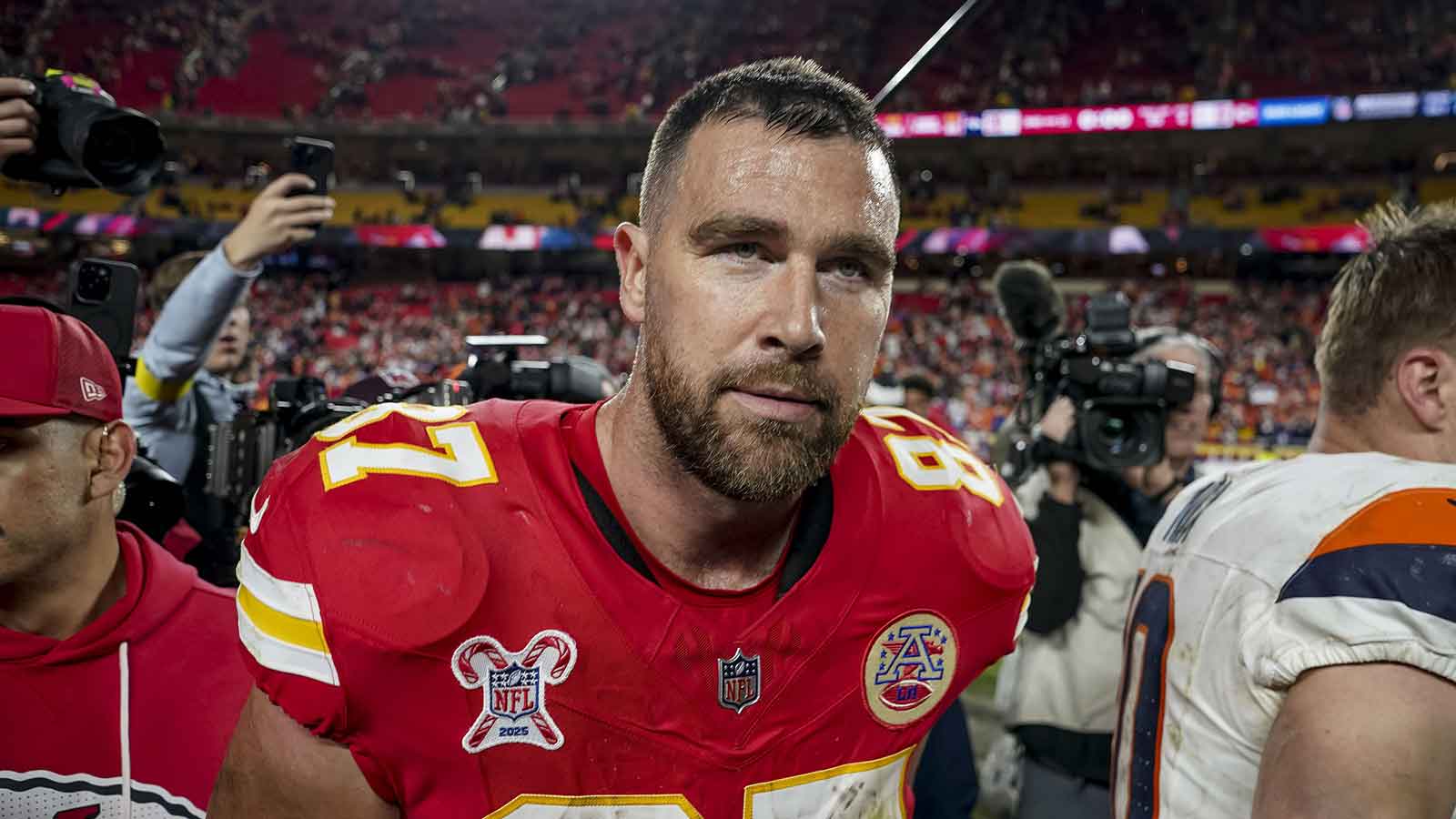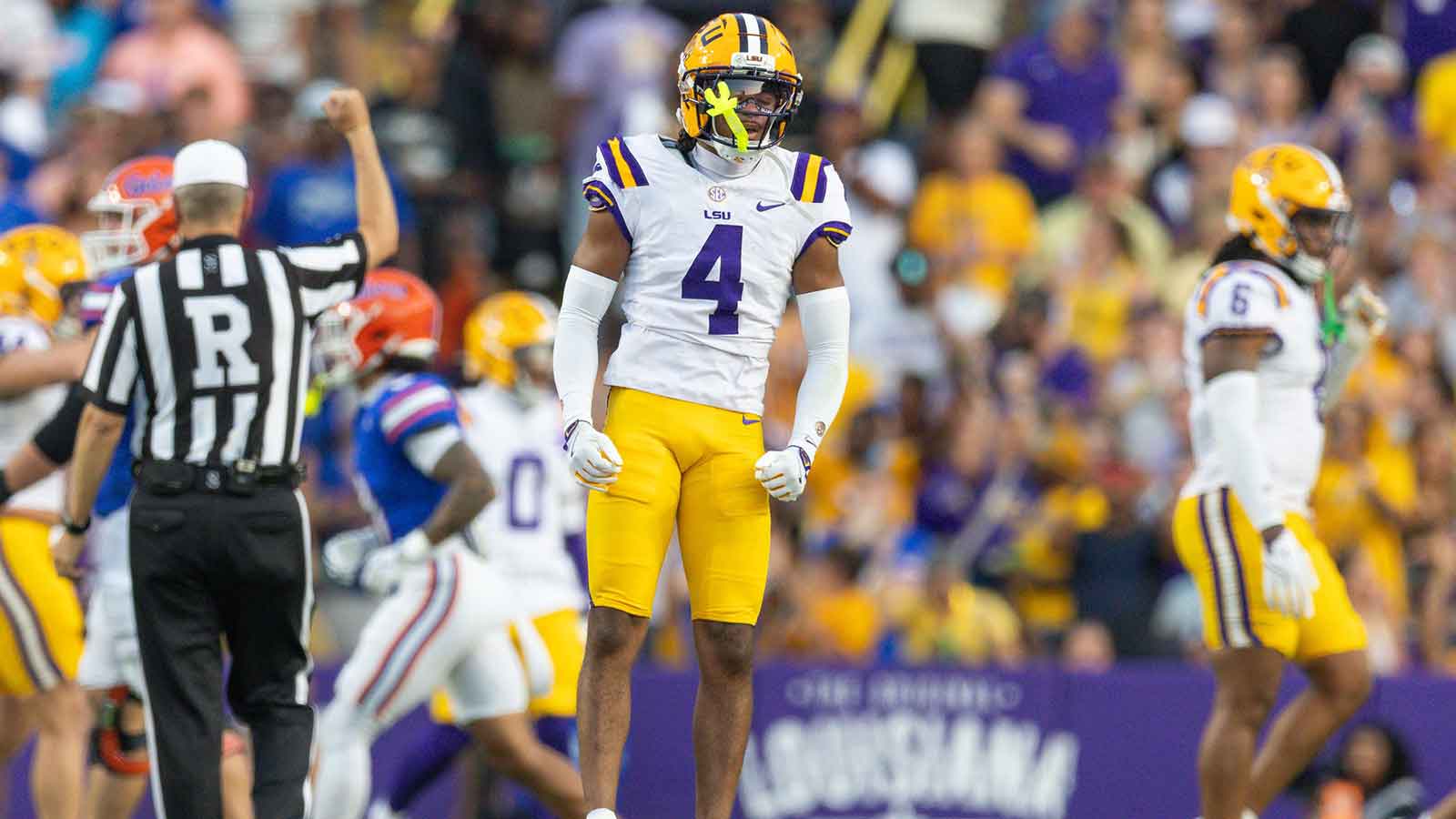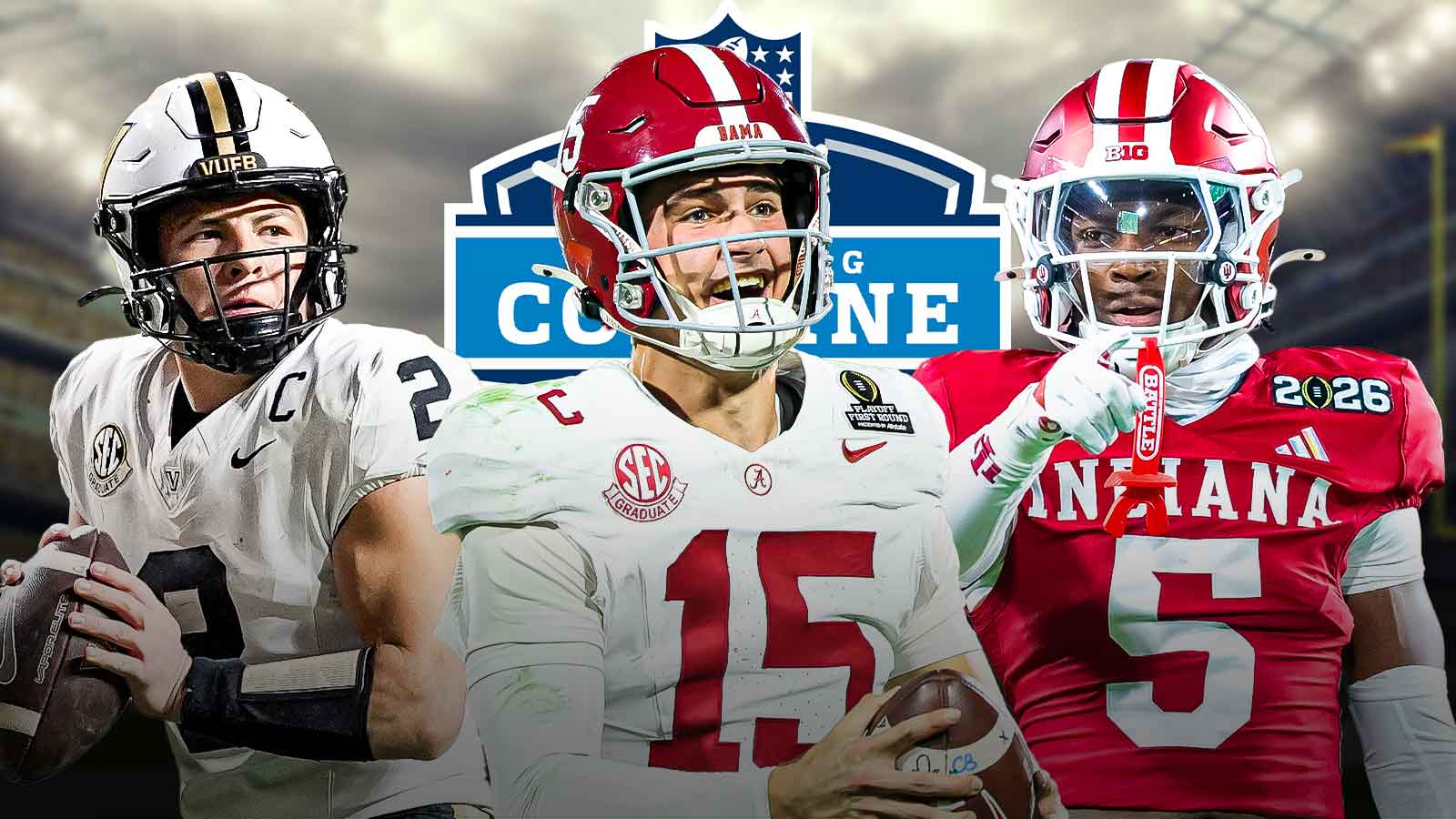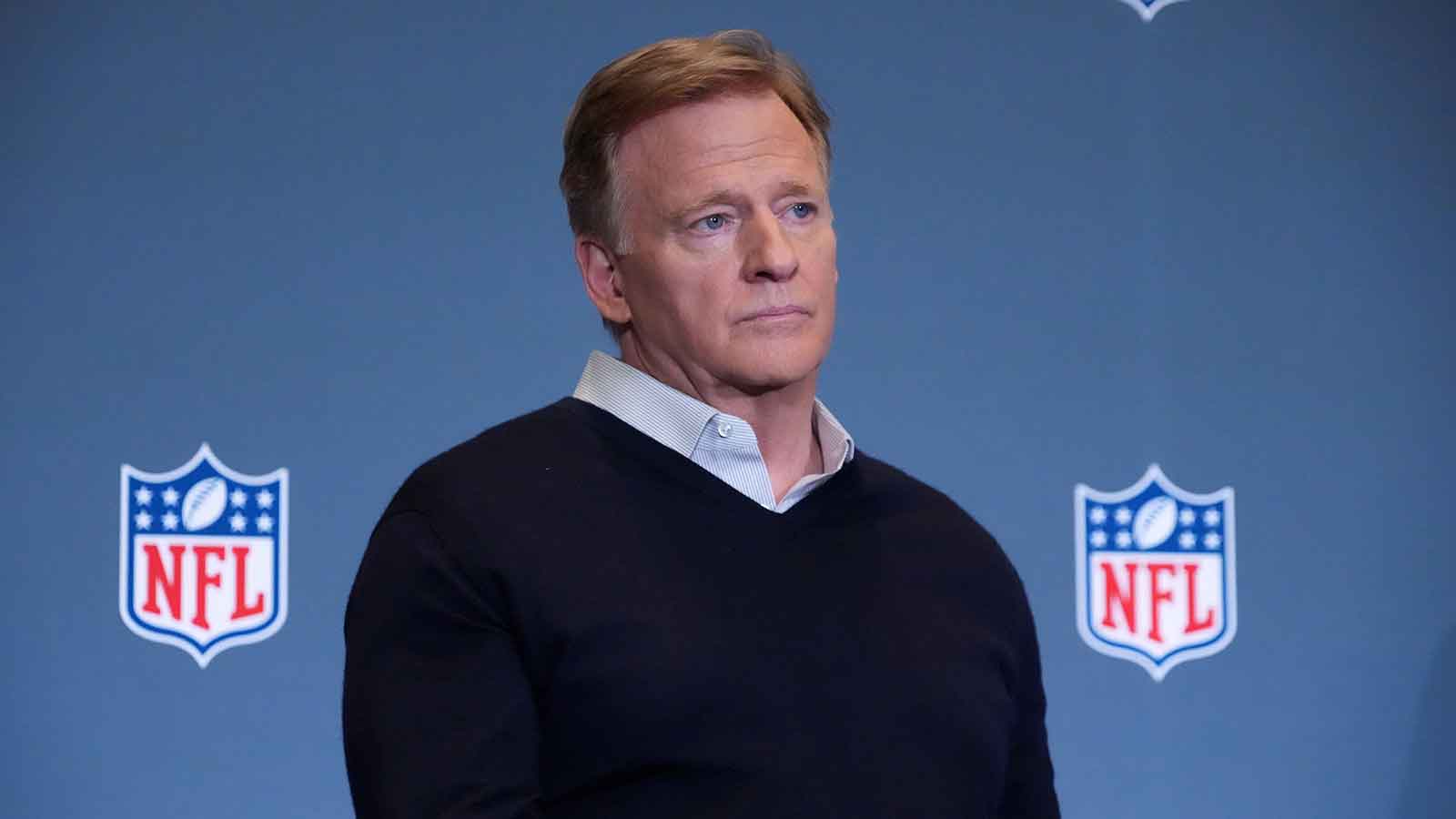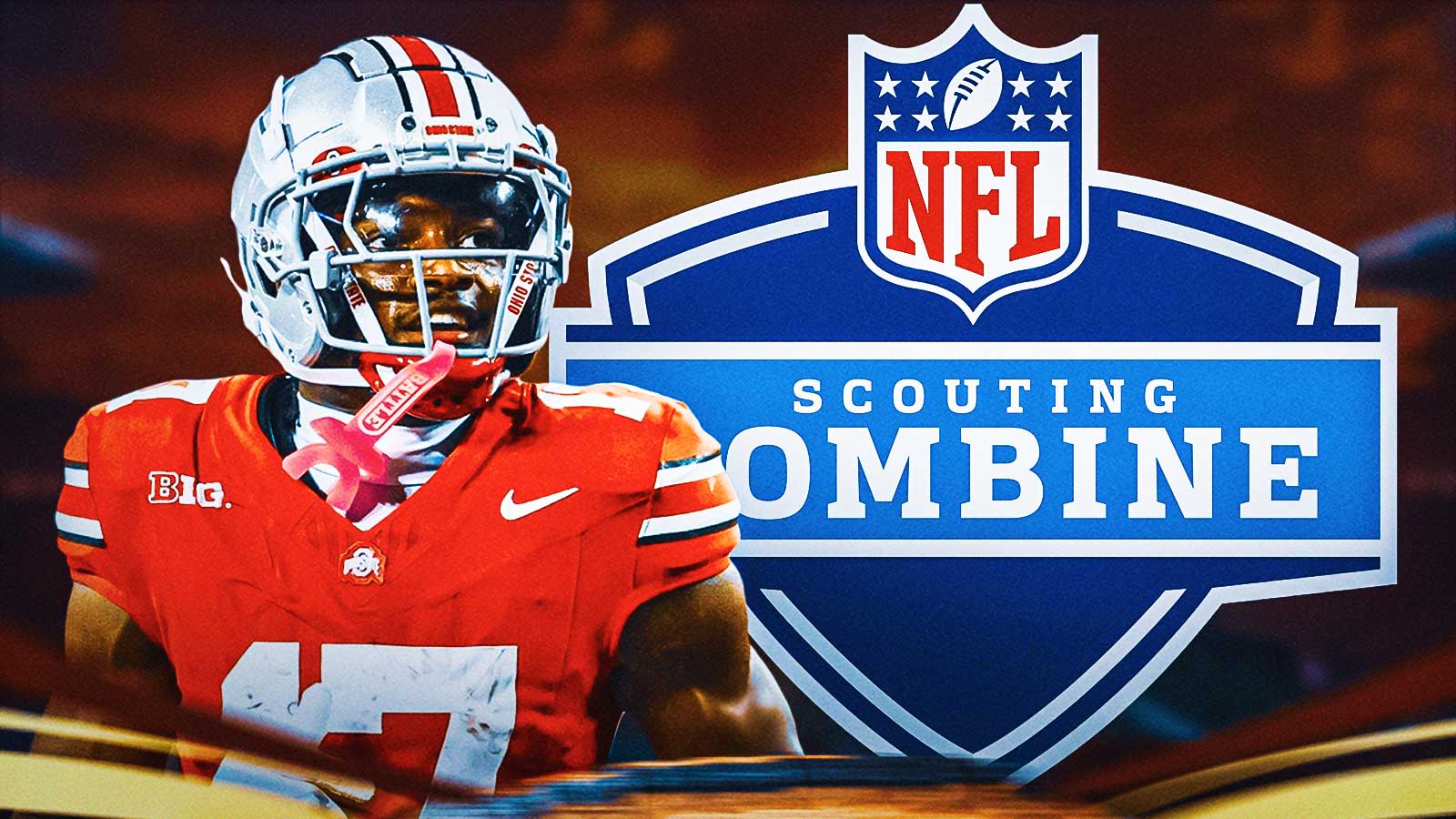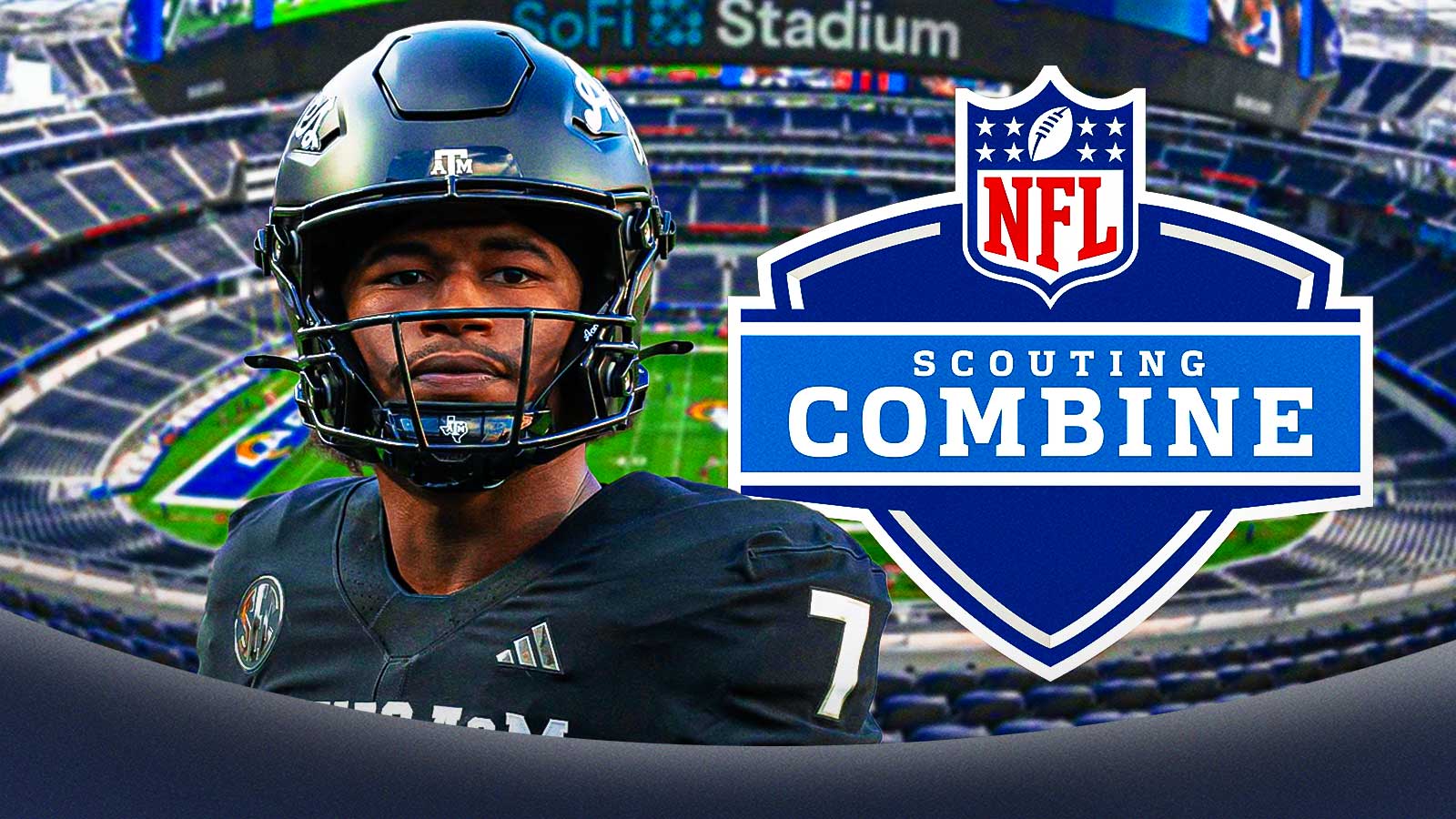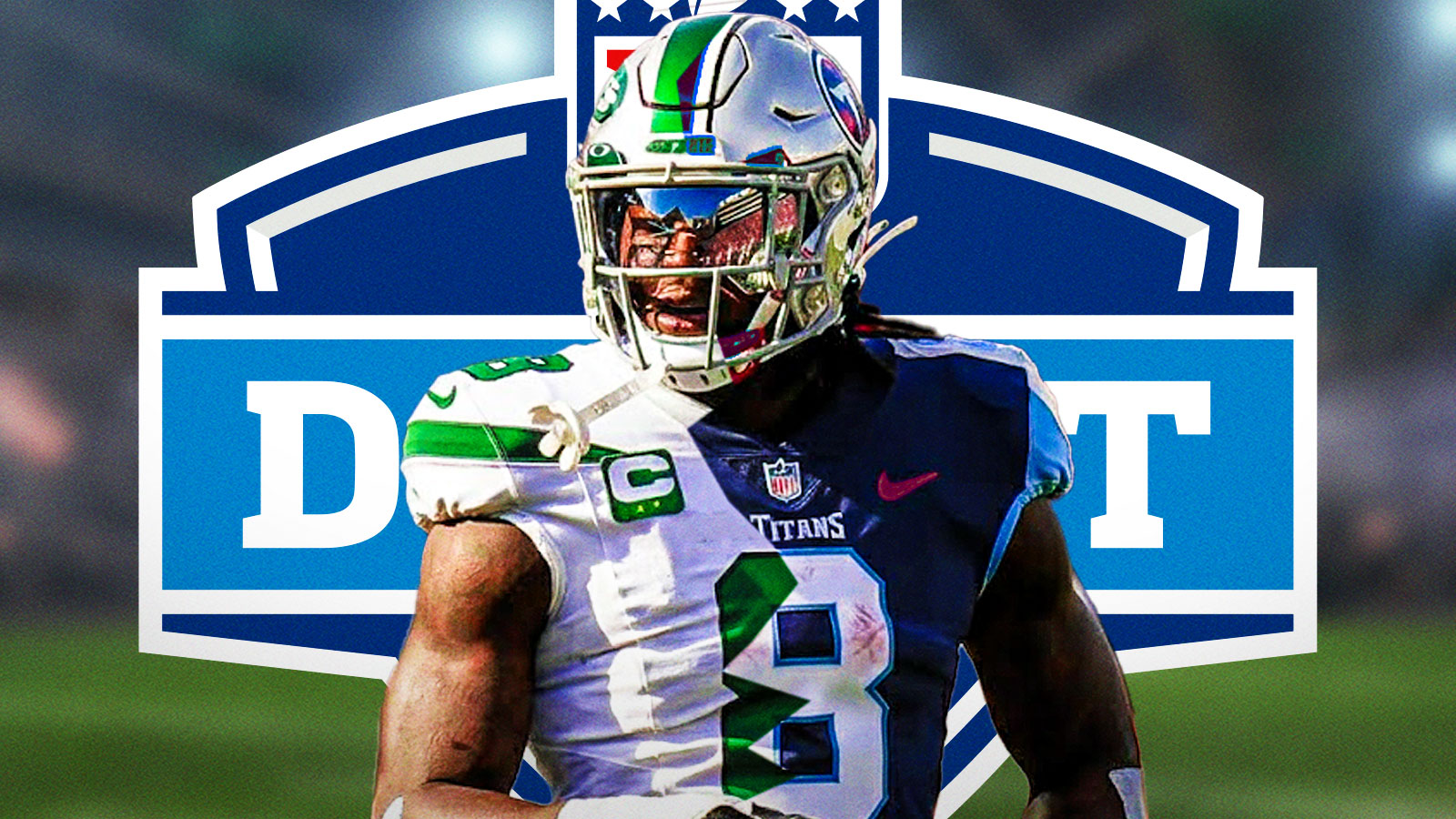On Monday, the National Football Foundation (NFF) and College Football Hall of Fame officially announced the names on the 2024 College Football Hall of Fame ballot. Among the lengthy list of former stars and standouts were former Atlanta Falcons quarterback Michael Vick, former Arizona Cardinals wide receiver Larry Fitzgerald and former Baltimore Ravens linebacker Terrell Suggs.
Players like 9-time Pro Bowl selection Julius Peppers, 5-time Pro Bowl selection Marshawn Lynch, and 3-time Pro Bowl selection Warrick Dunn find themselves on the ballot as well.
Vick, who became infamous for a dog fighting scandal that effectively ended his days as the face of the Falcons, is an iconic player whose dual-threat abilities are the stuff of legend. A four-time Pro Bowl selection that won the NFL's Comeback Player of the Year award in 2010, was a stellar player for the Virginia Tech Hokies before all of that though.
The Newport News native spent two years tearing up the Big East, throwing for 3,299 yards and 21 touchdowns, while running for 1,299 yards and 17 touchdowns. While winning Big East Offensive Player of the Year honors as a freshman was undoubtedly impressive, Vick was the primary engine for a Hokies team that went 22-2 during his tenure.
Fitzgerald, an 11-time Pro Bowler that's among the NFL's all-time leaders in receptions (1,432), receiving yards (17,492) and receiving touchdowns (121), spent 17 seasons with the Cardinals after they drafted him third overall in the 2004 NFL Draft. The former Pitt standout left college as impressively as he did the NFL, as he led the NCAA in both receiving yards (1,672) and receiving touchdowns (22) in his second and final season with the Panthers.
The fiery Suggs had a standout career in the NFL as a two-time Super Bowl champion, 7-time Pro Bowl selection and 2011 Defensive Player of the Year with 139.0 career sacks. He was great in college as well, winning the Vince Lombardi Award, Bronco Nagurski Award, Ted Hendricks Award, and Pac-10 Defensive Player of the Year Award as a Consensus All-American in 2002.








